A new way to learn and lead: UFV launches the Social Innovation Certificate
How do we prepare students not only for today’s challenges, but for a world that’s changing faster than ever before? At the University of the Fraser Valley (UFV), that question sparked the creation of a bold, interdisciplinary credential launching in Fall 2025: the Social Innovation Certificate.
This new certificate is designed for students, professionals, and community members who want to lead change in their workplaces, communities, and beyond. Through four core INNV (Innovation) courses and 15 interdisciplinary elective credits, participants will explore systems thinking and social innovation in real-world contexts. From scenario-based learning to community-engaged projects, this program empowers learners to not just understand complex problems, but actively work toward creative, sustainable solutions.
Two dedicated faculty members helped shape the certificate from the ground up: Dr. Linda Pardy and Dr. Anna Griffith. For today’s blog story, the College of Arts is interviewing them to learn more about the vision, values, and real-world impact of the Social Innovation Certificate.
But, first, a brief introduction:
Dr. Linda Pardy is an Associate Professor in Arts and Integrated Studies. After recently concluding her tenure as Associate Dean of Students in the College of Arts, she’s now focused on research and teaching that focus on social innovation, workplace learning, and career development. Having supported thousands of Liberal Arts students in navigating their transition from education to employment, Dr. Pardy’s impact has been recognized with the UFV Teaching Excellence Award.
Dr. Anna Griffith is an Associate Professor in the School of Creative Arts and UFV’s Changemaker Curriculum Developer. Known for designing high-impact, transformative learning experiences, Dr. Griffith works with faculty across disciplines to embed changemaking, sustainability, and social innovation into their pedagogy, turning classrooms into platforms for real-world action.
Now, let’s jump to the interview!
College of Arts: What inspired the creation of the Social Innovation Certificate?
Dr. Anna Griffith: We wanted to create a certificate that prepares students to enter the workforce with the skills they need to innovate and make a difference in their field. These skills include systems and design thinking, social entrepreneurship, adaptive leadership, and working with AI.
The four core INNV courses are designed to scaffold these capacities. By the 300- and 400-level courses, students are out in the community, working with employers and partner organizations, leading real innovation projects and gaining critical work experiences. Work-integrated learning is infused throughout the entire certificate because we didn’t want students to just learn about social innovation; we wanted them to actually do it.
This certificate responds to a world that urgently needs us to do things differently. It’s a certificate of possibility and action.
College of Arts: How does this program support students in building future-ready careers?
Dr. Linda Pardy: Every industry is being disrupted in some way. Employers are no longer just looking for just technical skills—they’re seeking creative problem solvers, critical thinkers, and ethical leaders. The Social Innovation Certificate is designed to build precisely these skills.
We’ve embedded essential employment literacies—like understanding the role of technology, data literacy, cultural agility—and linked them with systems thinking and creative leadership. These are the skills that won’t be replaced by AI or automation.
Whether students are preparing for their first job or navigating career change, this certificate prepares them to lead in times of uncertainty.
College of Arts: How is the certificate aligned with UFV’s House of Transformation and changemaking values?
Dr. Anna Griffith: UFV’s motto, Íyáqáwtxw, means “House of Transformation” in Halq’eméylem. The certificate reflects this spirit by cultivating not just skills, but mindsets that allow students to see themselves as agents of change in their communities and disciplines.
Students learn in dynamic, collaborative environments where experimentation and iteration are part of the process. They work on real challenges and develop the confidence to take risks and adapt when things don’t go as planned. These are key attributes of innovative thinkers and leaders in any field.
This kind of learning opens doors. Students leave with a strong portfolio of experience as well as a professional network. They will be equipped with the innovative mindsets and leadership skills needed to thrive in a rapidly changing world.
College of Arts: Who is this program for?
Dr. Linda Pardy: I hate to respond so generally, but honestly, this credential is designed to be meaningful for people at all stages of their academic or professional/career journey. Whether you’re starting your first job, seeking career growth, or leading change in your organization, the certificate gives you tools and experiences that are immediately applicable.
It’s also easy to integrate into most UFV degrees—many of the electives are courses students are already taking. It’s flexible and student-centred.
College of Arts: How does the program engage with real-world challenges?
Dr. Anna Griffith: Our INNV courses equip students to work in complex environments and workplaces. In INNV 100, for example, students are immersed in a scenario-based game that simulates the interconnected and unpredictable world and the very complex, systemic challenges we face. Instead of working on case studies, this experience challenges students to think on their feet, navigate uncertainty, and respond to unfolding crises. They design responses and innovative solutions in real time. It’s a space to practice adaptability, systems thinking, and ethical leadership.
This kind of learning prepares students to tackle big challenges, apply creative problem-solving, and develop the skills needed to deliver solutions. It’s social innovation within education itself.
College of Arts: What kinds of career paths could this certificate support?
Dr. Linda Pardy: The Social Innovation Certificate prepares students to thrive in diverse industry sectors—business, health, education, science, government, arts and culture, sustainability, and more.
It equips students with a changemaking lens they can apply wherever they go. Whether you want to work in areas such as tech ethics, policy, community engagement, health administration, manufacturing, design, or environmental protection, this certificate helps you stand out and lead change.
College of Arts: What do you hope students will take away from the experience?
Dr. Anna Griffith: I hope students leave confident in their ability to meaningfully contribute to any industry sector or community organization. This certificate offers not just skill-building, but also an opportunity to develop their leadership abilities and a sense of agency.
Students will leave with an advanced way of thinking, relating, problem-solving, and acting. By the end of the certificate, they will be equipped to lead and help build a sustainable future.
–
Are you ready to become a changemaker? You might already be closer than you think to earning this certificate. Check your MyGrad Plan or connect with an Academic Advisor to map out how the Social Innovation Certificate can fit into your degree.
The Social Innovation Certificate launches in Fall 2025 at UFV. Open to students across all disciplines, working professionals, and lifelong learners, this flexible credential is your pathway to leading meaningful change.
Start with INNV 100 and learn more at ufv.ca/arts/programs/social-innovation.
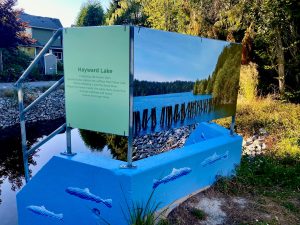 On August 11, 2025, UFV celebrated the unveiling of the Community Art Project at the Gaudin Creek Trail — a vibrant display of creativity where UFV students beautified a water catchment area.
On August 11, 2025, UFV celebrated the unveiling of the Community Art Project at the Gaudin Creek Trail — a vibrant display of creativity where UFV students beautified a water catchment area.
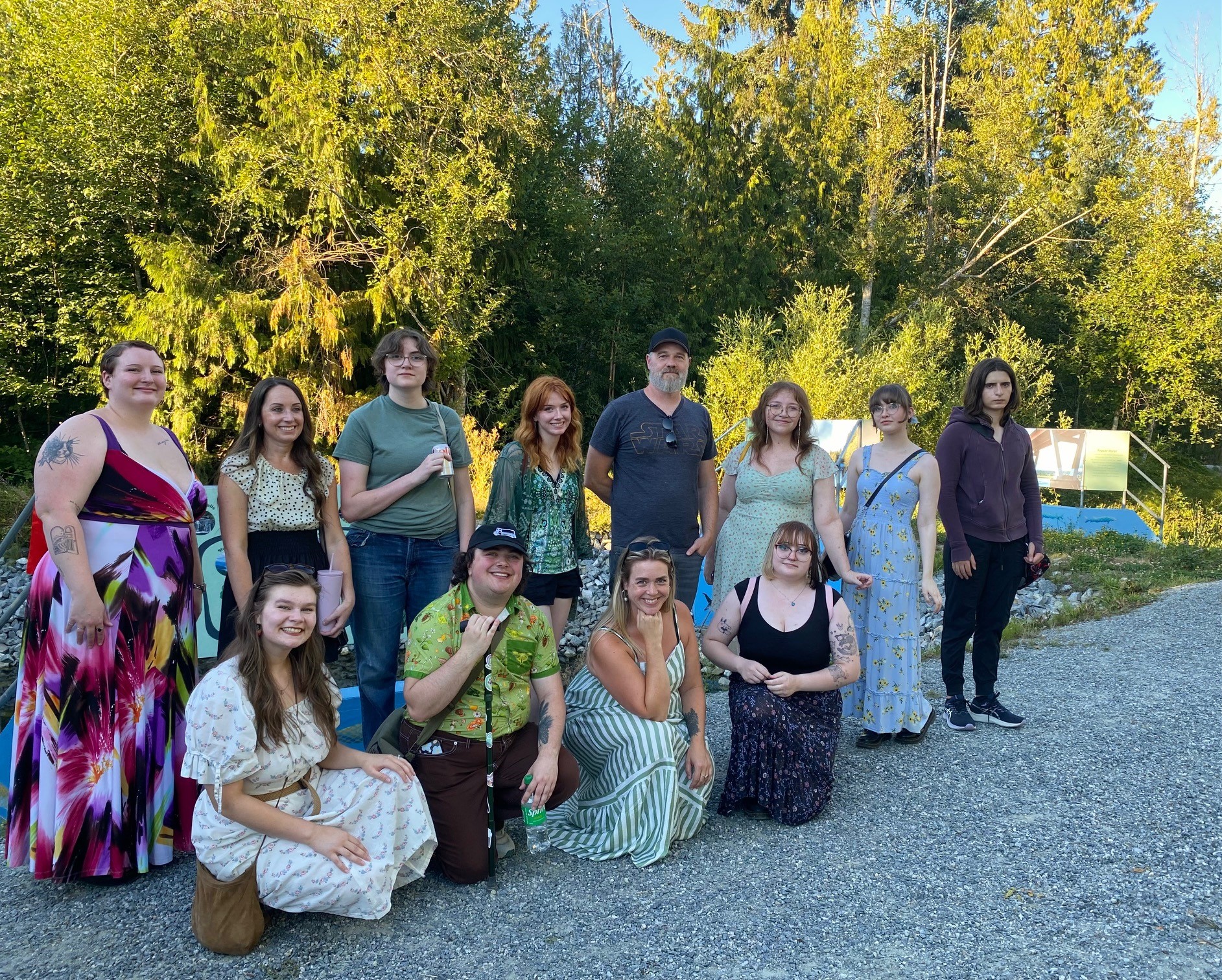


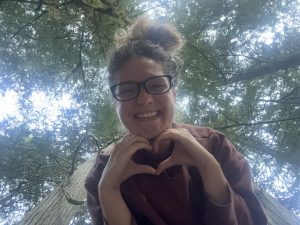 Abbotsford is a diverse place, shaped by many cultures, nationalities, and backgrounds. But how often do we pause to truly recognize just how diverse this city is? Would it surprise you to learn that over 116 different languages are spoken in Abbotsford today?
Abbotsford is a diverse place, shaped by many cultures, nationalities, and backgrounds. But how often do we pause to truly recognize just how diverse this city is? Would it surprise you to learn that over 116 different languages are spoken in Abbotsford today?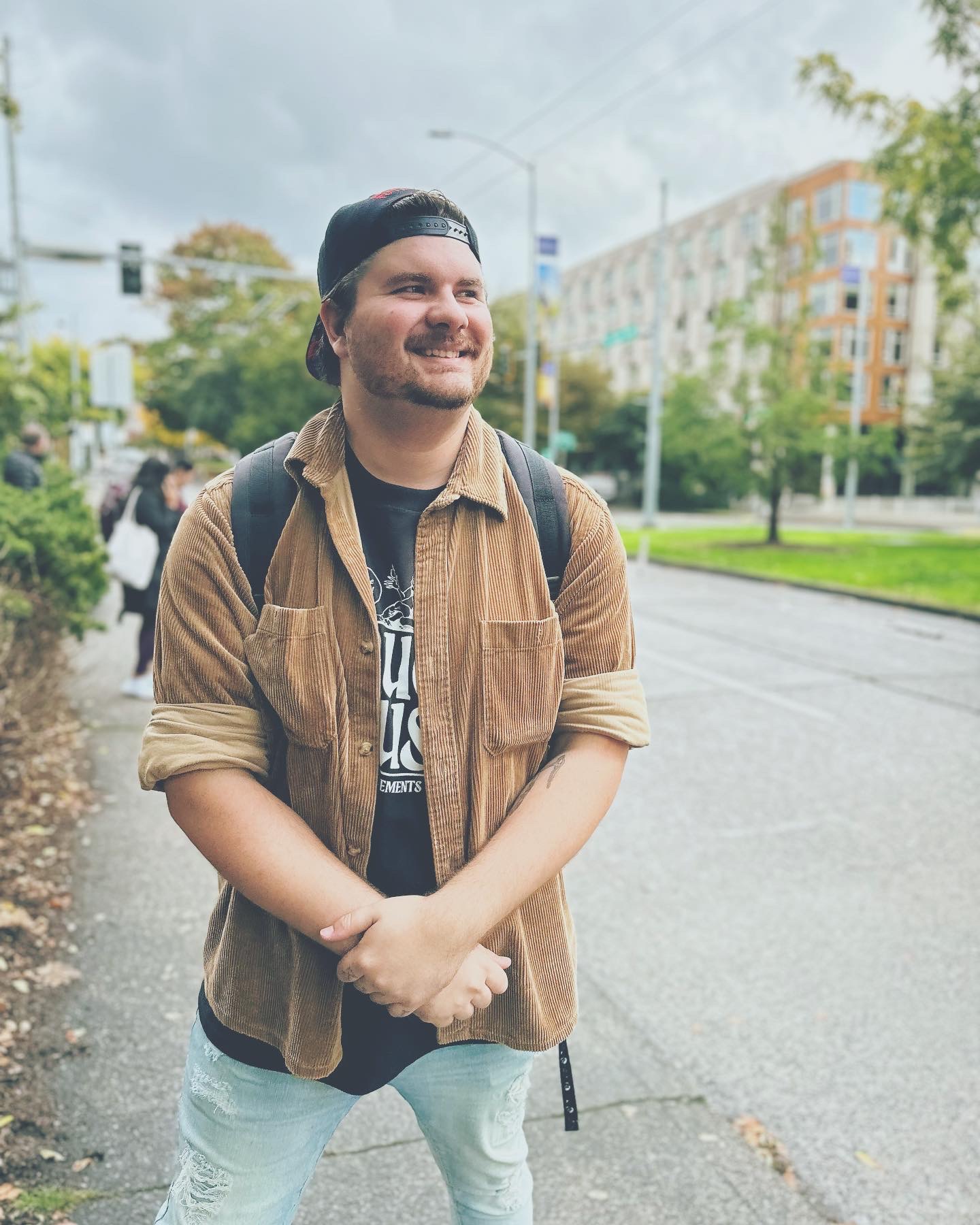
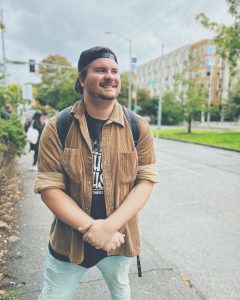
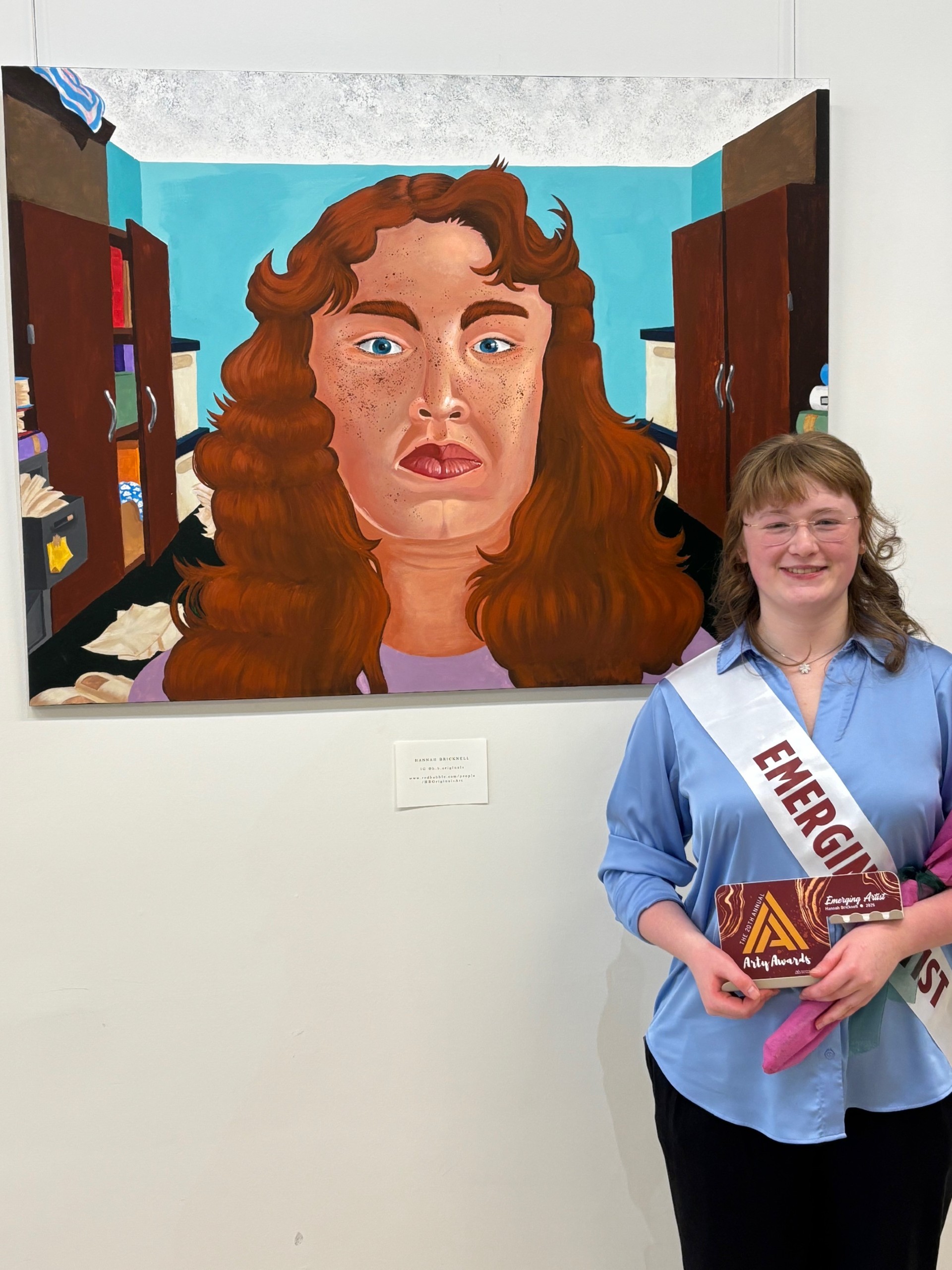
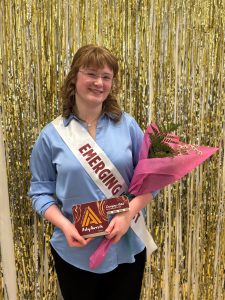
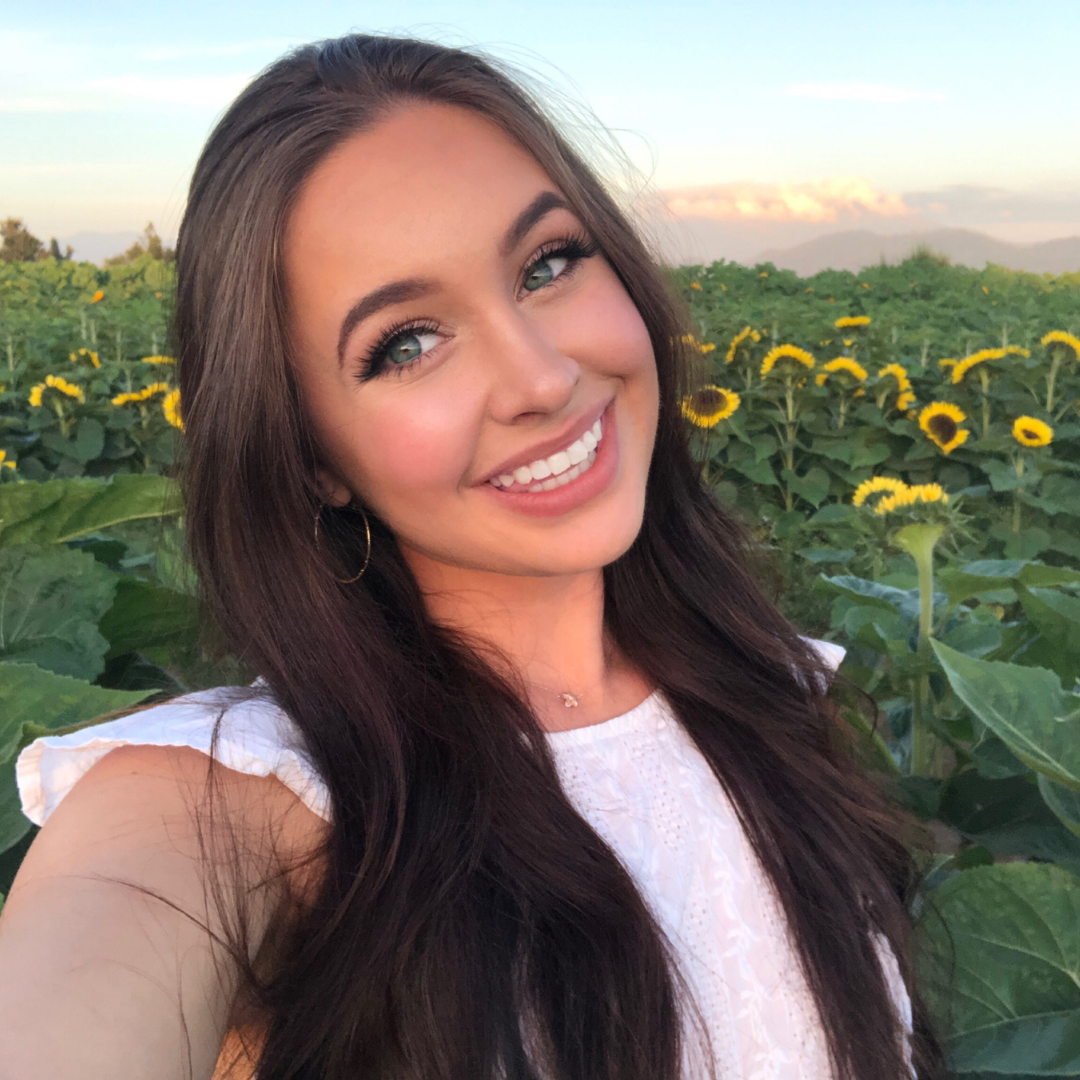


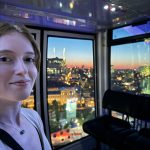 Jenna’s fascination with psychology began in high school and flourished throughout her university career. “Psychology was one of my favourite classes in high school, and mental health professional was one of the potential careers I had in mind when I started university,” she explains. This early interest guided her to UFV, where she would later find herself immersed in research and hands-on experiences that solidified her passion for the field.
Jenna’s fascination with psychology began in high school and flourished throughout her university career. “Psychology was one of my favourite classes in high school, and mental health professional was one of the potential careers I had in mind when I started university,” she explains. This early interest guided her to UFV, where she would later find herself immersed in research and hands-on experiences that solidified her passion for the field.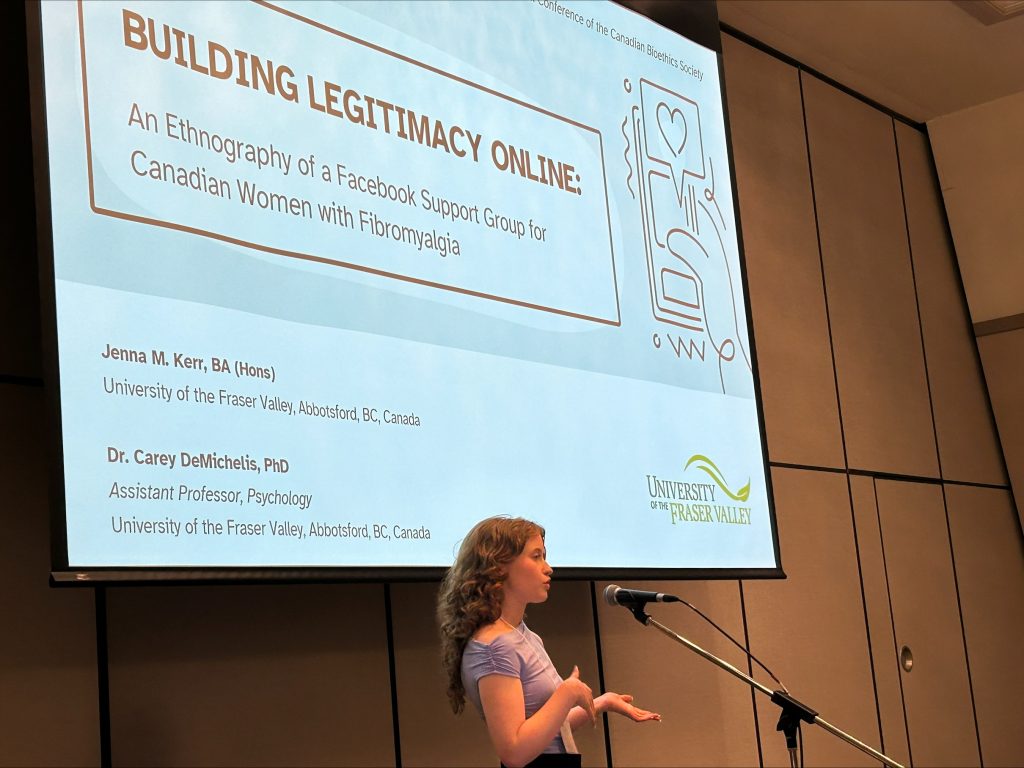
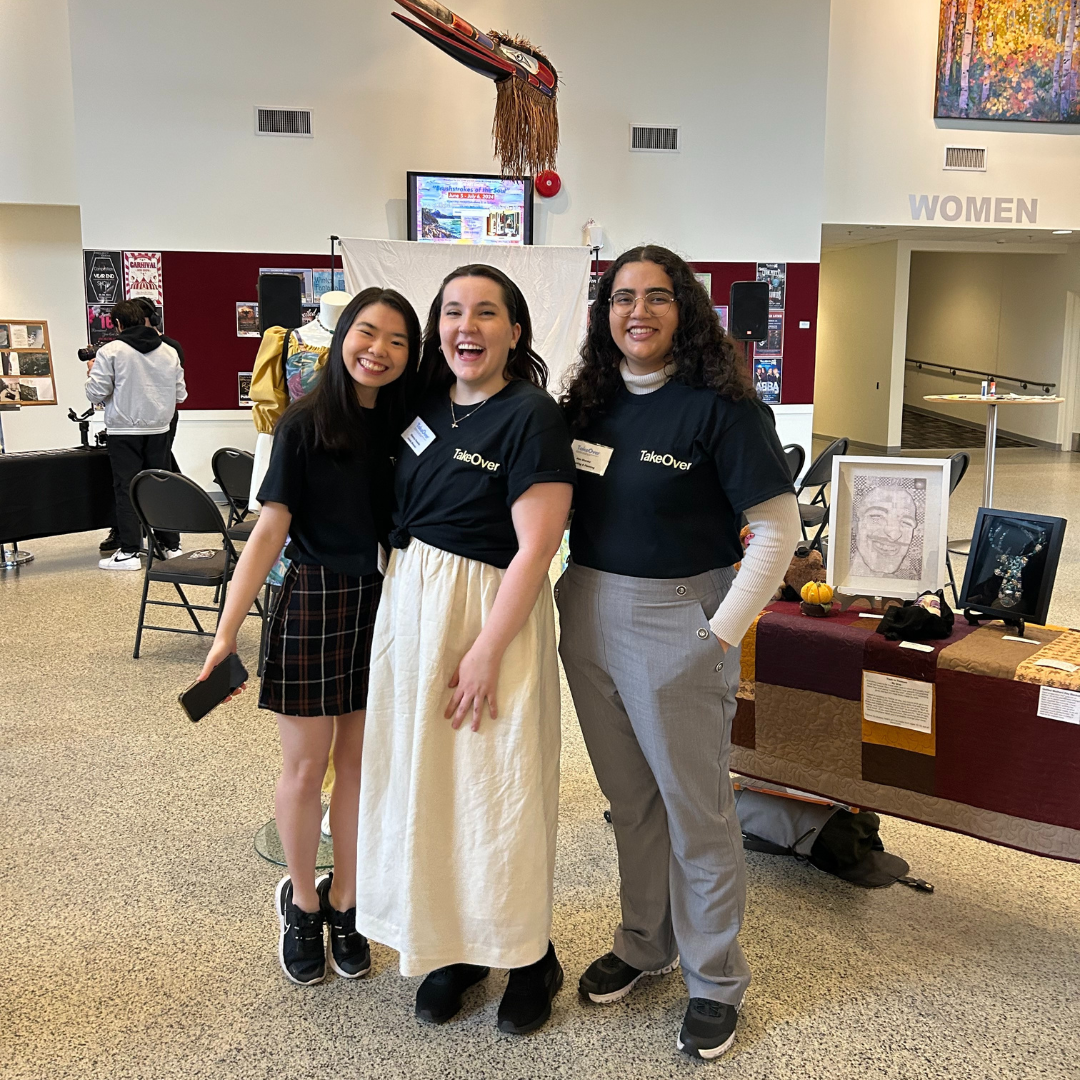
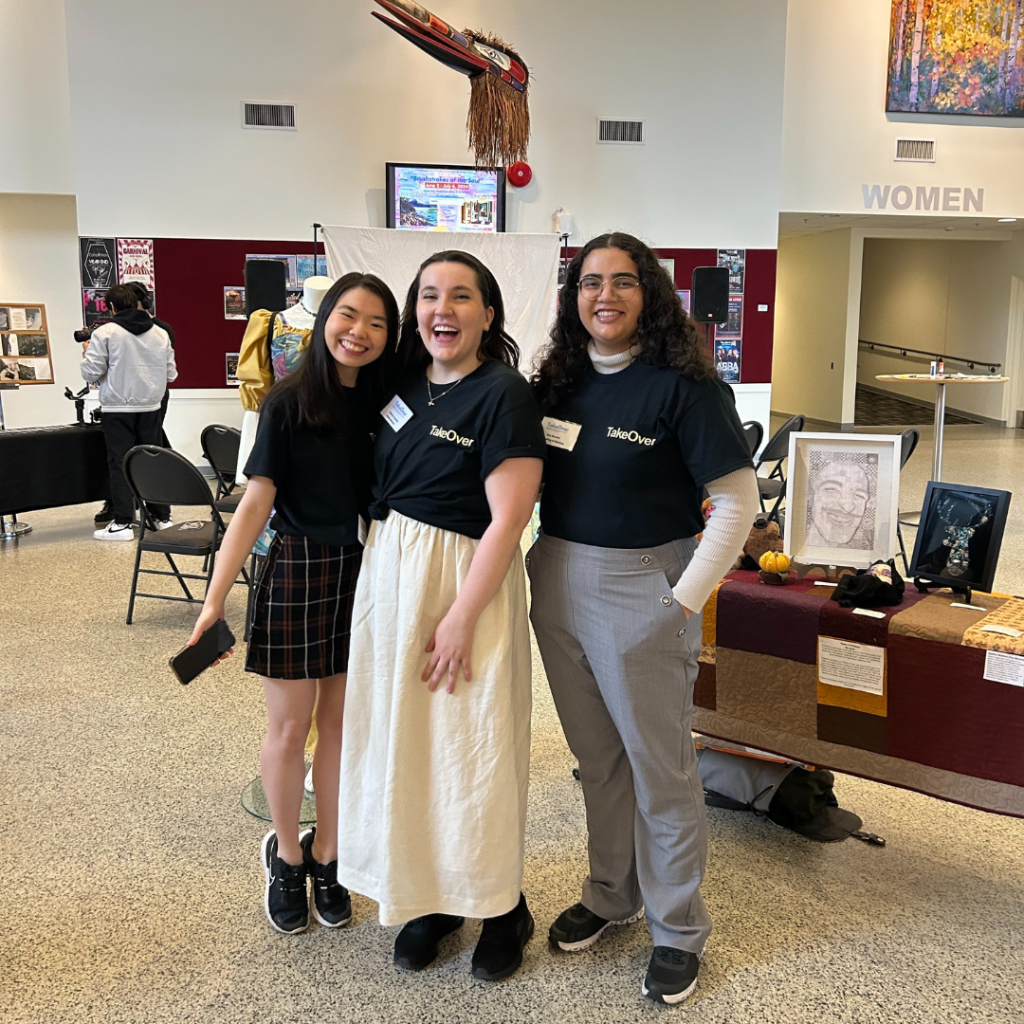
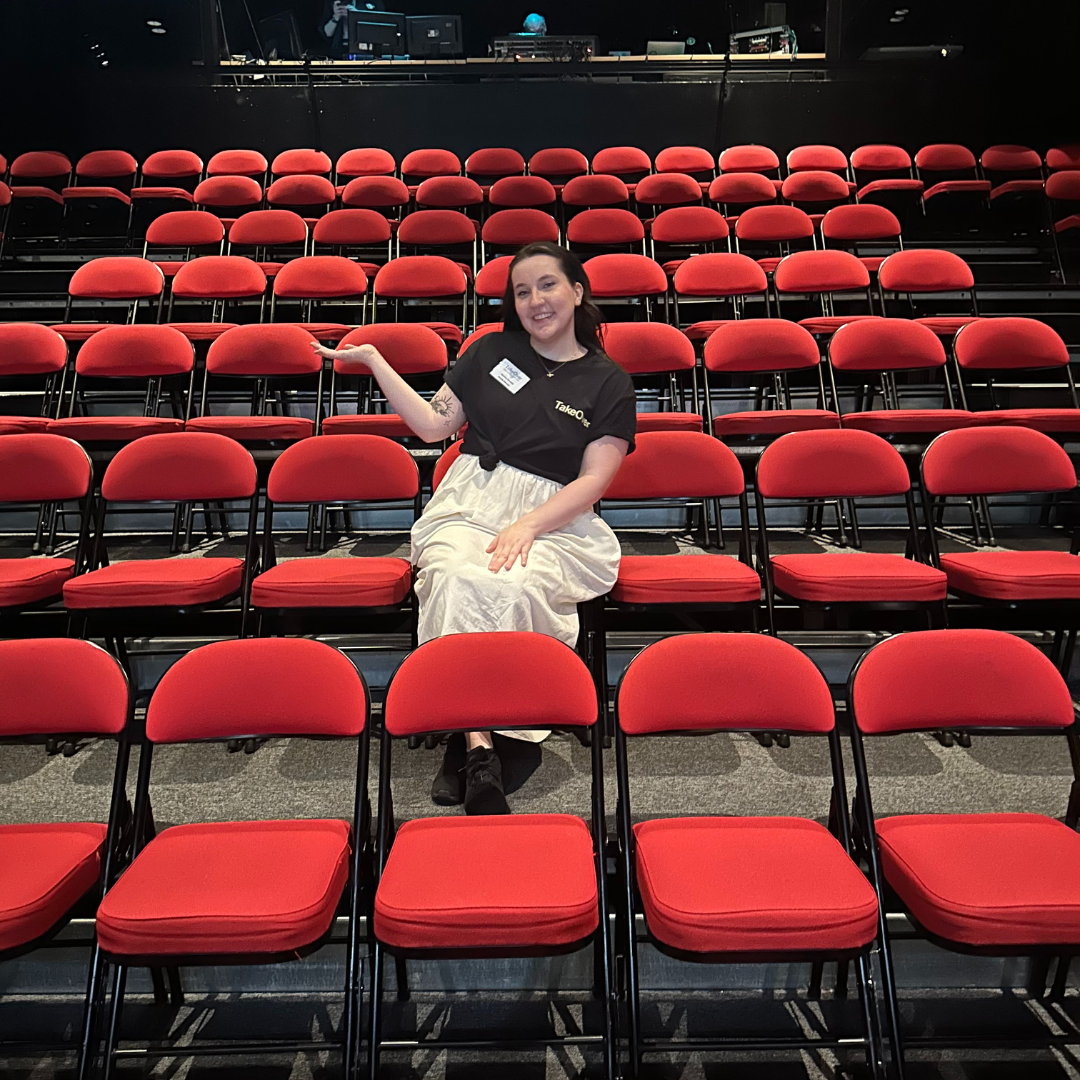
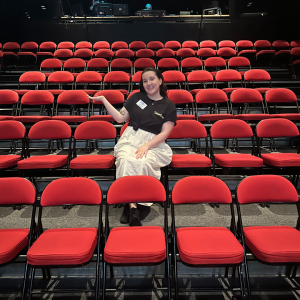 Béatrice Frenette, who graduates this summer from the University of the Fraser Valley (UFV), has already achieved significant milestones. She is the first in her immediate family to attend and complete a university degree, earning a Bachelor of Arts with a major in Communications and a minor in Theatre, along with two certificates.
Béatrice Frenette, who graduates this summer from the University of the Fraser Valley (UFV), has already achieved significant milestones. She is the first in her immediate family to attend and complete a university degree, earning a Bachelor of Arts with a major in Communications and a minor in Theatre, along with two certificates.